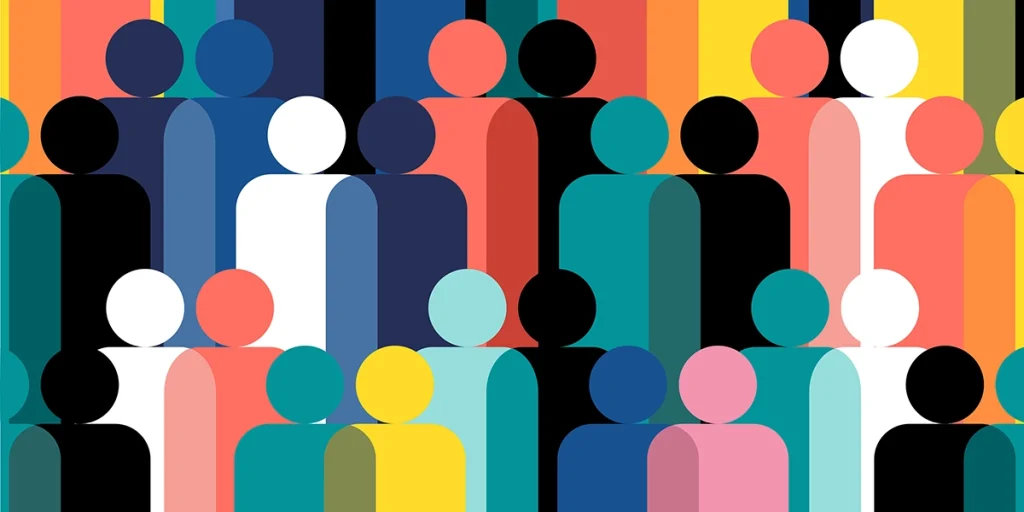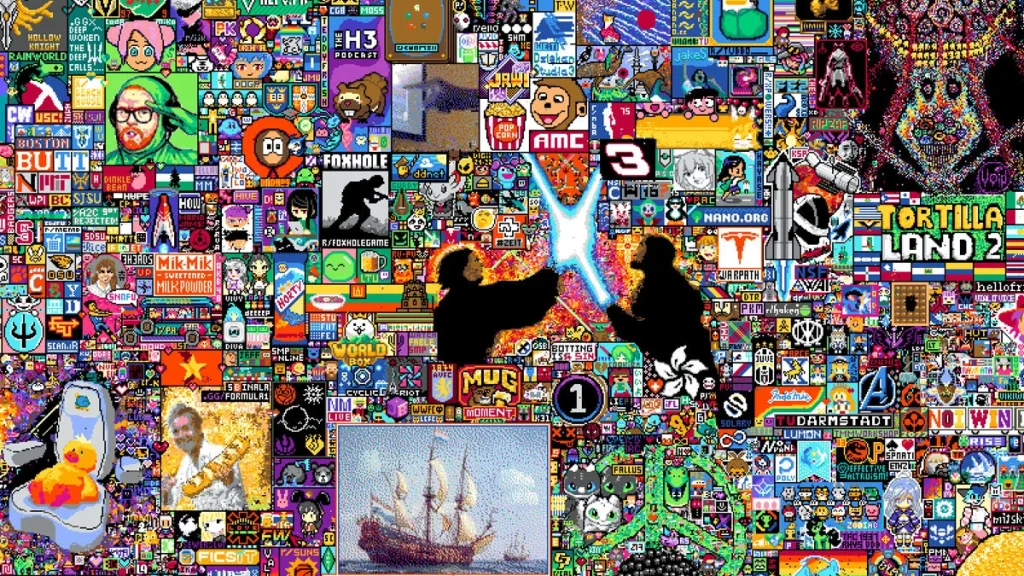I was recently reading with amusement a Kotaku article about a Smash Brothers Tournament player being awarded a bag of rice. The article noted:
It’s especially difficult for pro Smash Bros. players to make a life out of competing given Nintendo’s lack of support. The company announced at the start of the month that the “Regular Tourneys” section in Smash 4 would be removed by the end of September. Sure, players can still host custom events, but Nintendo’s intentions are clear.
One topic that has gotten relatively little coverage is the potential problem that Japanese developers face with the creation of eSports tournaments. (I have a bit of experience in Japanese game development, having worked directly for the CEOs of one of the biggest Japanese game publishers for many years.)
A noted analyst of the consumer gambling space in Japan wrote a series of articles in mid-September discussing decisions made by the Japanese Consumer Affairs Agency. (The article is in Japanese.) Pointedly, he notes that under the current “Truth in Advertising” laws, the ability for the manufacturer of a game to create a “tournament” in which participants must pay for the product is the greater of 20x the price of the product or JPY100,000 (roughly USD$1,000.)
Why is this the case? The Japanese law was designed to avoid companies trying to trick consumers into thinking they would win something through a purchase. For example, “Buy this toy, and get a free computer” — but only a few persons get the computer, so it’s more like a lottery. The law limits the maximum amount of cash that a prize can be awarded to avoid these pseudo-lottery gimmicks.
The analyst goes on to say the Japanese government is deciding that paid content (for example, a $60 Smash Brothers game, or a F2P game with pay to win features) and a $1M tournament could be misconstrued by consumers as “Buy Smash Brothers and potentially win $1M!” thus falling under the same law.
This is not the end of eSports in Japan though. The law is negated when third parties offer the prize pool. For example, EVO tournament prizes wouldn’t fall under the law — unless Nintendo was the one footing the bill for the prize. (At this time, such “middleman” scenarios are unclear.)
To give historical and cultural context, it’s important to consider thatgambling is illegal in Japan, but Pachinko is not. Pachinko is a type of slot machine, but regulated as entertainment, for which you win a prize. Pachinko gets around the gambling loophole due to third parties; the Pachinko parlor gives you a trinket, and you exchange the trinket at a booth nearby for cash, rather than receive the cash from the Pachinko parlor directly.
While the situation in Japan has become murkier for Japanese developers wanting to grow eSports prize pools domestically, if the prize is being offered abroad by the overseas entity, for example Nintendo of America in the United States, the law doesn’t apply. (The Capcom Cup is sponsored by Capcom USA, Inc.)
I’ll add that the Japanese government itself hasn’t posted the decision publicly; we are going on the analysts’ word, and he could be wrong. The only certainty is the uncertainty of the current situation — without a public decision, unless Japanese game developers begin talking with the government directly about intentions and getting clarity, there is a chance of risk adverse positions being taken by Japanese game developers in offering their own prize pools — though this bodes well for the growth of third party tournaments like EVO in Japan.
–Jacob Navok




